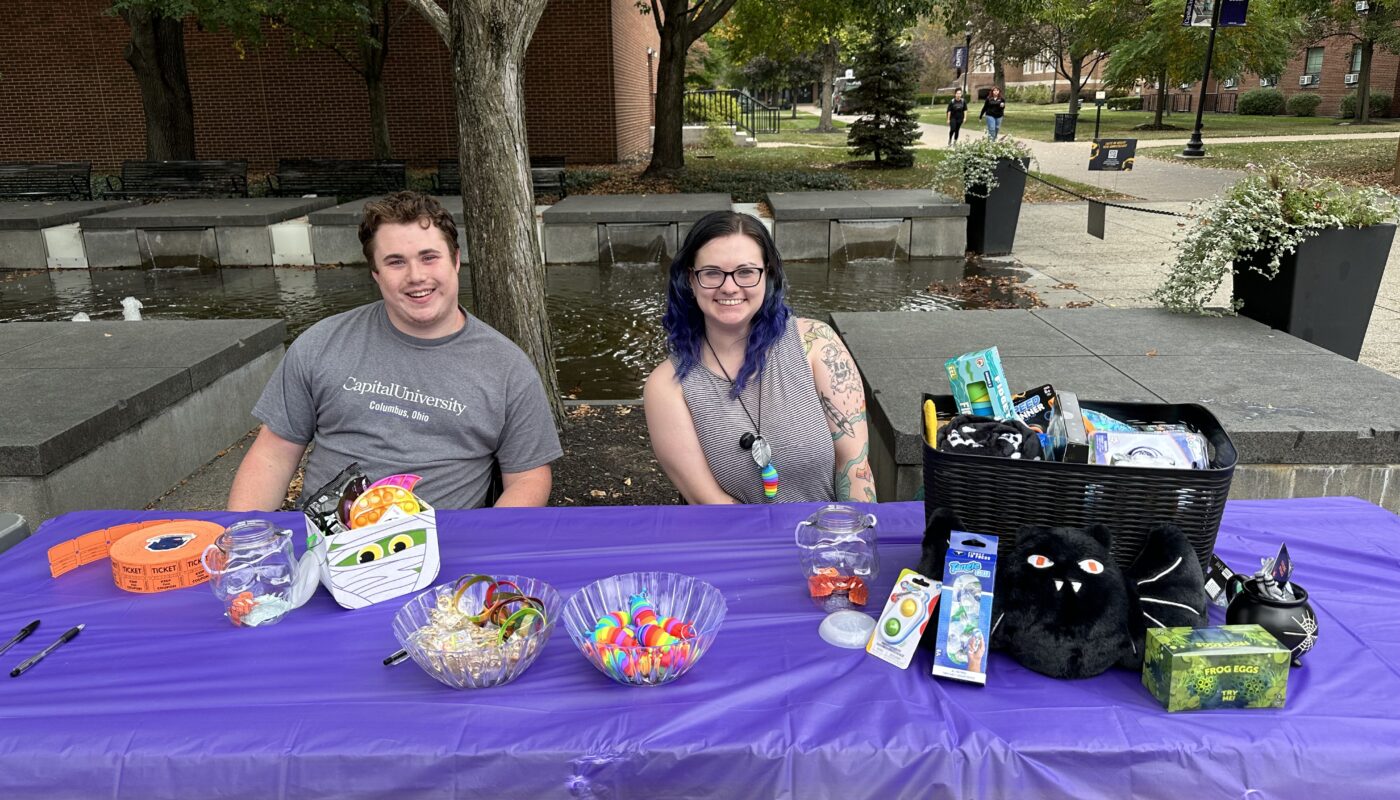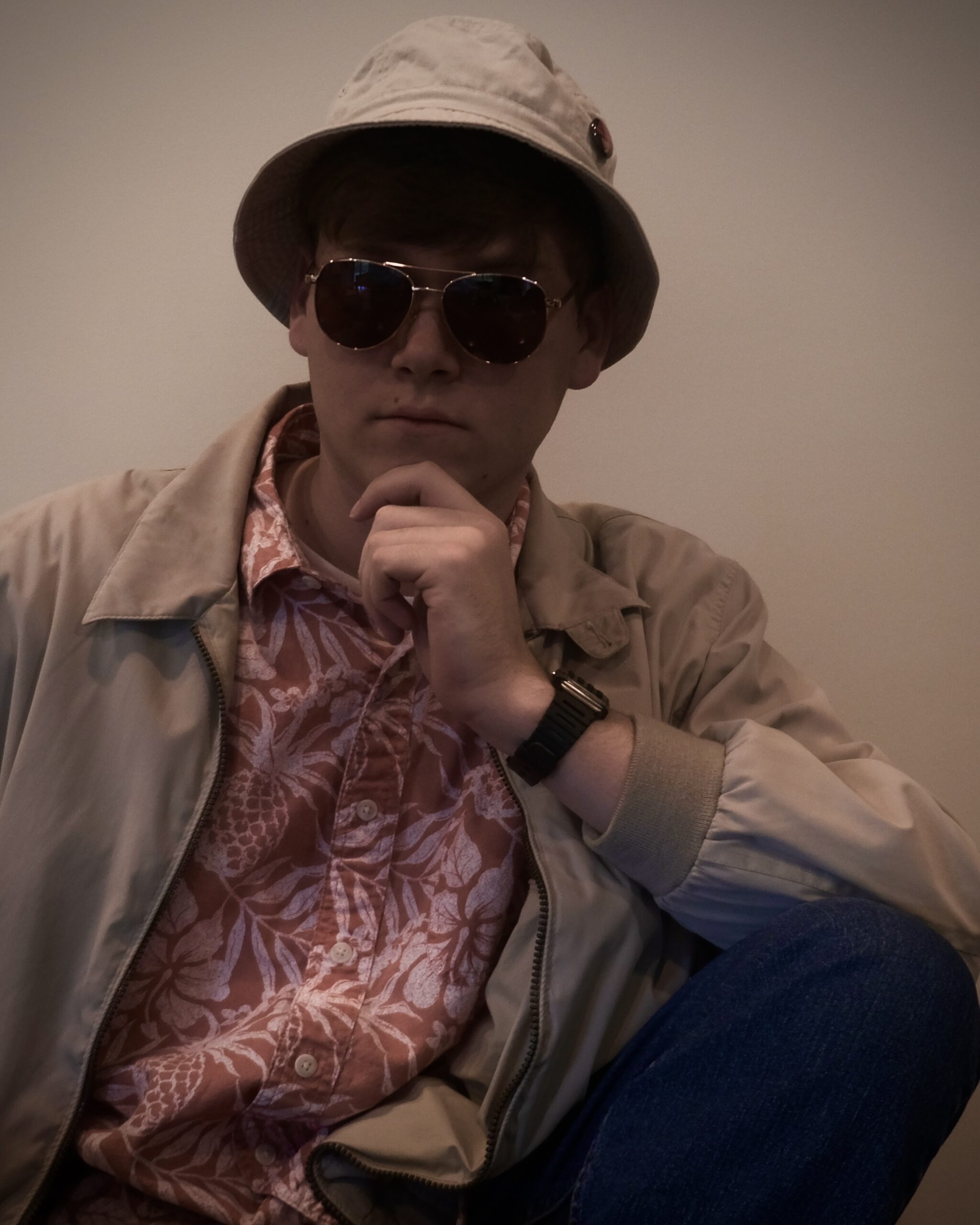The university’s fairly new organization, the Capital Autism Society, has been a safe place for students with autism and those who want to support anyone with autistic and neurodivergent traits.
According to Autistic Self Advocacy Network, an organization designed to “make our society more inclusive for autistic people,” Autism is “a developmental disability that affects how we live our lives and experience the world around us.” About one out of every 36 children have been diagnosed with autism, and around 1% of the world has been diagnosed with autism.
The Autism Society is a safe space for students with autism, as well as a place for anyone on campus to support those with autism. Gaby McCain, a junior social work major and the president/founder of the Autism Society, believes that “every single student on campus could benefit from learning a bit more about Autism and hearing first-person experiences from autistic students.”
McCain describes the common traits of autism as “difficulties with social situations and social expectations, sensory processing disorders, executive functioning issues, self-regulatory stimming behaviors, special (or restricted, to use the clinical term) interests, need for routine, plus so many other things. There is an aversion to change in general, as well as to eye contact. . .
“There are so many autistic traits, and each autistic person that you meet will be different. That is so important to understand. I think autism is something that is widely misrepresented and misunderstood, so I would feel happy if all different types of students came to join us. We also really encourage other neurodivergent students to join us! If you have ADHD, OCD, anxiety or whatever it is, you will fit in with us. I promise.”
While some may believe autism and neurodivergence are interchangeable terms, they are not.
“Neurodivergent is an umbrella term, kind of like how ‘queer’ is used to describe the whole LGBTQ+ community. Neurodivergence simply describes neurological types that are different from what is considered ‘normal,’ or neurotypical. This includes things like ADHD, OCD, schizophrenia and even more. I like the term because it is so encompassing of different experiences, and we should talk about all types of neurodivergence, especially since a lot of them are co-occurring with autism, but it is important to separate the two and be certain that we are not saying that autistic traits are symptoms of ‘neurodivergence.’ That is not specific enough. . . and inaccurate information [can be] spread,” McCain said.
McCain, and presumably most everyone with autism, wishes that there was more autistic and neurodivergent representation in the world.
“I also think that a lot of TV shows or movies use autistic traits in their characters without giving them a proper diagnosis…They use these traits to make characters that are quirky, eccentric, weird, and laughable, but that don’t show much of the disabling aspects of the disorder,” McCain said. “I don’t think that’s fair, and it adds to the misinformation of autism and the assumed ‘high functioning’ descriptor.”
Although she feels this way, McCain loves the portrayal of Captain Holt in “Brooklyn Nine-Nine,” describing him as “a character that I have personally thought of as autistic because of his flat tone of voice, lack of facial expressions, difficulty talking about and displaying emotions and awkwardness in relationships.” This is a character McCain feels connected to that she “headcanons” as being autistic.
Students who are interested in the Autism Society, are able to go to one of the meetings where they can learn what ‘The Spectrum’ really means, types of sensory needs, “autistic burnout” and more on autism and neurodivergence. For more information, follow the organization on Instagram at @capitalautismsociety.


